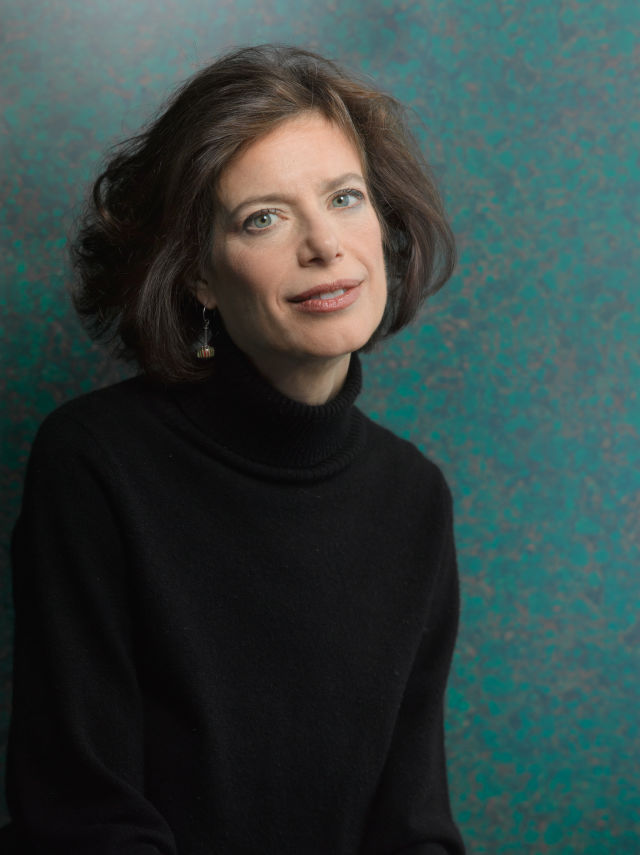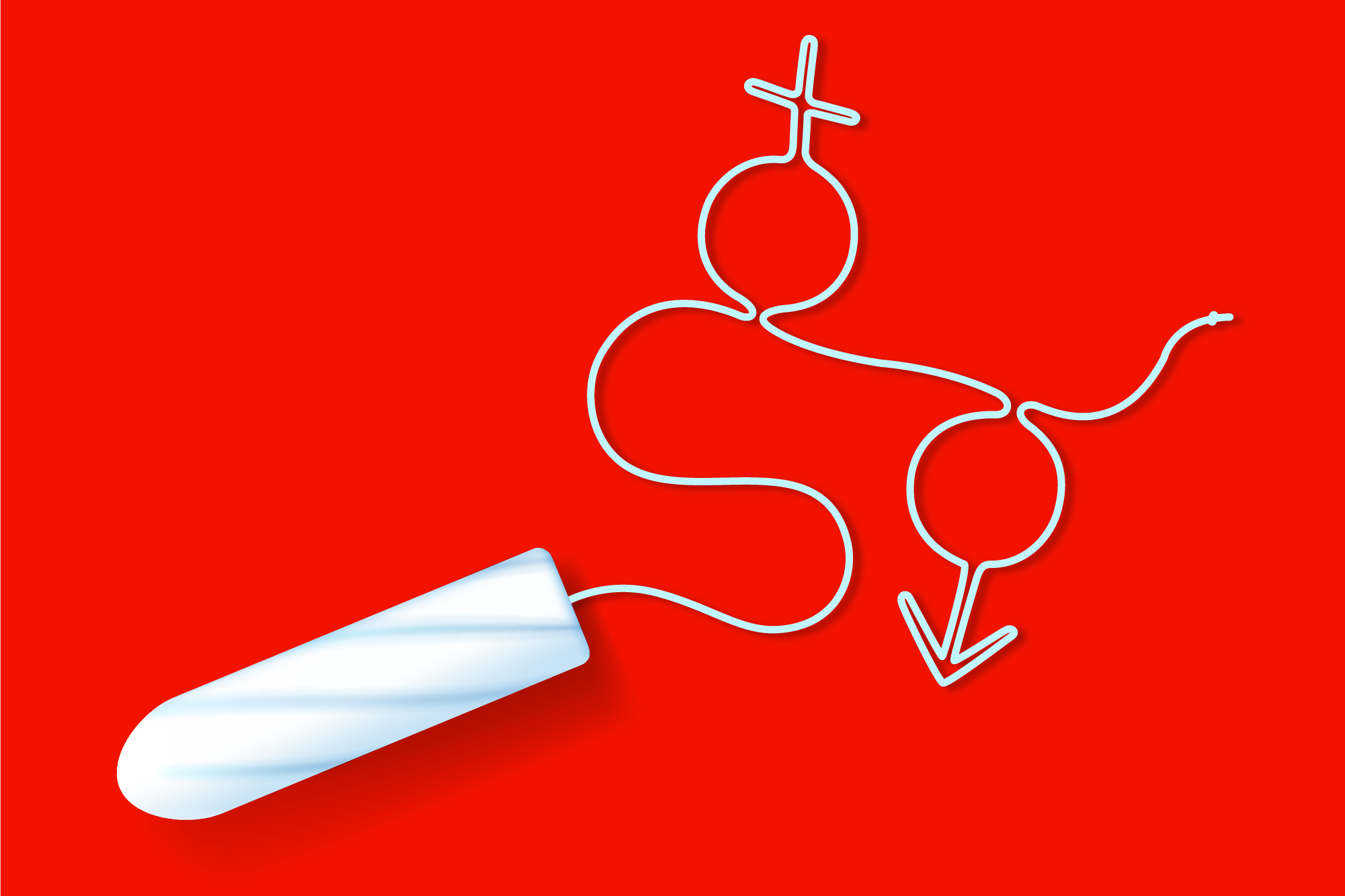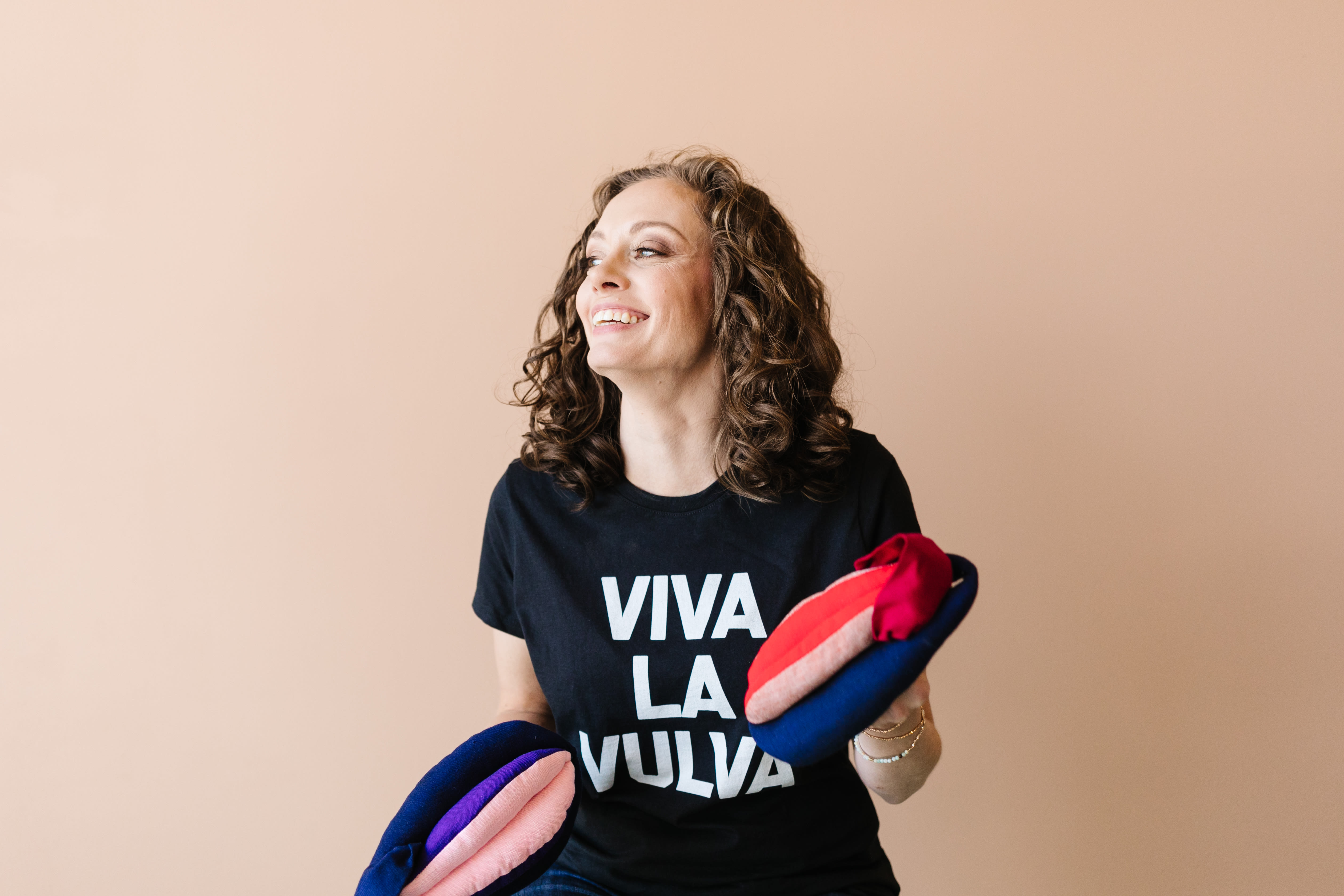Susan Faludi on Her Trans Father, Identity, and Hillary vs. Trump

Image: Sigrid Estrada
She’s a Pulitzer Prize winner, the author of one of the most important feminist works of the past 30 years, Backlash, and now a finalist for the National Book Awards. The latter is for her new book, In the Darkoom, the story of how Faludi’s own father became a woman. It’s a compassionate but penetrating exploration of identity and its conceptual evolution in the late 20th and early 21st century.
We spoke to Faludi, a onetime Portland resident now living in Cambridge, Massachusetts, about coming to terms with her father’s new gender, the concept of identity, and why she’s embarrassed for her country.
You first learned your father had undergone gender reassignment surgery in a 2004 email, received after years without much contact between you two. Were you surprised?
It was wholly unexpected, in particular because I’d grown up with this impression of my father as my father described herself in that email—as a “macho, aggressive man.” That was quite an accurate description of how my father behaved in my childhood years. I knew my father was an enigma and that something about my father didn’t add up, and that my father was very hidden, but that particular curveball I didn’t see coming.
My reaction that first day, I remember it pretty clearly: it wasn’t so much about the trans aspect of it as it was a feeling that “I know nothing.” I thought I had my father pegged, and I utterly misread her, and I felt a lot of pain and shame about that, that I had cut her out of my life based on this stock script that I had drawn up for myself. The real story was just far more complicated.
You’ve said before that it was your father’s aggressive and at times violent behavior that helped shape your feminism, and you refer in this book to one particularly violent episode during your childhood. And yet here she was, presenting herself to you as a woman.
It was a mindfuck. It basically called into question on so many levels what I believed to be the true story of my formative years. On the other hand, my father did behave as a controlling, domineering, often despotic, hyper-male growing up, so whatever my father was feeing underneath, that wasn’t actually what I was dealing with as a child. But there was always this feeling that there’s more here that my father had shut away, some fundamental aspects of who she was. Not just sexual, or gender-related, but my father wouldn’t talk about her past, and wouldn’t talk about her parents, and wouldn’t talk about the Holocaust experience, all this fundamental historical bedrock that went into shaping who my father was.
Did her becoming a woman open a door to communication about all of those things?
My father’s gender transformation became the portal into us talking to each other, and to her allowing me to ask questions about her life, which ultimately became questions about her life predating sex reassignment surgery. Once transformed, I think my father had an idea that this would be some sort of common ground that we could discuss. And maybe as a woman felt, “Okay, well, Susan writes about women. Now I’m a woman, this will be a way for us to reconnect.”
Do you think becoming a woman freed her up to talk about things she felt she couldn’t as a man?
Absolutely. So many times my father would say, “Well now that I am a woman, I can communicate, I couldn’t communicate with people when I was a man. Men don’t talk to each other.” When he was the commuter dad taking the 8 a.m. train to Grand Central he’d say, “In the bar car, men would just talk about sports and work.” He had this very 1950s notion about how men should behave and women should behave and was still in that mindset in 2004.
I was struck by a moment in your book when someone clarifies why your father may have embraced a stereotypical, hyper-feminized version of womanhood, pointing out that she had to go through the same rites of passage that every woman does. Usually, though, takes place at puberty.
A trans friend of mine—she also cringed at this kind of ribboned, crinolined, stiletto-heeled view of womanhood that was being promulgated in some of these memoirs. But you have to think back on when you were in a teenager, trying to figure out what it meant to be a woman, and as an adolescent we go through these—in retrospect—absurd, extreme views of what it means to be a woman. Or a man, for that matter. When I thought back to my own lame years as a 13- and 14-year-old, I remember my own love affair with Revlon. I remember wearing these awful halter tops, and denim jean miniskirts and wedge-y shoes. Those were the pictures in the family album that I want to commit to the deepest recesses of the garbage.
You also explore the very notion of “identity” as it has come be conceptualized in our time.
One of the popular assumptions afloat now is that we can choose our identity and that it’s something very individual and internal to us, and interviewing my father and finding out about my father’s history gave me back the part of myself that was shaped by external connections. It affirmed the belief that you don’t have an identity separate from the world that shaped you, and I think that operates intergenerationally, too, and that my father’s experiences were somewhere in my makeup, in the grain of who I was. So it gave me a deeper understanding and connection to my own—I don’t even like the word identity—my own legacy as a person.
It also ultimately affirmed and deepened my feminist beliefs. I’ve never been a quote-unquote "difference feminist," who thought women were in this special category or behaved in a more peaceable or cooperative or collaborative way, and watching my father evolve from what was at first a pretty cliché notion of womanhood based on something she read in Cosmo magazine to someone who was very idiosyncratic in her gender representation and very much a reflection of her own history and beliefs, that strengthened my own belief that gender is infinitely variable and fluid and we’re all much more complicated than the sex roles that society imposes on us.
There have been tensions between the transgender community and certain parts of the feminist community. Were you conscious of that as you explored this topic?
I was aware of that narrative line in the media, but I don’t really buy it. I think it’s been highly inflated. Yes, there are a handful of separatist feminists who don’t want trans women to come to their music festival, a music festival that no longer exists anyway, but it’s not so tidily divided. I haven’t done a survey, but anecdotally , there are lots of feminists who are very strongly pro trans, and there are lots of trans folks who are strongly, staunchly feminist. I’m very much in accord with the newer generations of trans theorists who view the goal of a trans movement as not to reinforce the gender binary but transcend it.
You also probe notions of gender versus sexuality. Where did you finally come down on this complex issue?
I think for some people, maybe gender identity is the whole equation and sexuality doesn’t enter into it. For my father, erotic inclinations and gender identity were all mixed up. All of which speaks to my larger sense—and the larger point of the book—that we aren’t one thing, as much as people want to settle on one category and say, this is basically my brand. It's a commercial idea when you think about it. At the college, when there’s any kind of public forum, students will get up and say, “My name is so-and-so and I identify as…” and they give one quality, and I think, jeez, you are probably a lot of other things you’re leaving out. So on the gender-sexuality front, you’re never going to divide it so neatly as above and below the waist. Each part of ourselves shapes the other part and is in conversation with the other part, and is constantly reconstructing other aspects of ourselves. I’m not sure one will ever get to the bottom—it’s not like sorting the laundry out between lights and darks. It’s all mixed-up.
Your father died before the book was finished. Do you wish she could have read it?
I do. I think my father would have grumbled about aspects of it, but I think that ultimately she would have really been happy that her story had been told, told by her daughter and as honestly and truthfully as I could. At least, I like to think that. I do know that I had a draft a year before my father died, and I told her it was ready and that there were aspects she wouldn’t like, and her response was, “That’s great.” But she never asked to read it. And I’ve thought about that a lot—why did she do that? And I wonder if she really did want me to tell an unsanitized story, and maybe felt if she looked at it, she would start her usual thing, her usual old habit of controlling the narrative, as anybody would who had a book written about them.
I think she really wanted to be perceived. I think that was the big thing. In the end, she wanted to be seen whole, and inasmuch as one can do that, that was my goal with the book.
I feel like I can’t interview Susan Faludi asking about the presidential election, where we may have our first woman president. Have you been cheered by the election or bothered? Where should we putting our attention?
I’m not feeling so confident about what’s going to happen on Election Day. I suppose you could say, well, it’s great that we finally have a viable female candidate. Yes, that is progress. But when I look at all that’s been hurled at Hillary Clinton, so much of it having to do with her gender, and on top of that, a refusal on the part of an awful lot of people, including some pretty important media outlets, to acknowledge that gender is playing a powerful role here. There’s a study done by the Shorenstein Center a few months back that looked at the past year of media coverage of all the candidates, and by far, by leagues, Hillary Clinton had the worst coverage—much more negative, much more hostile.
Back when I was researching Backlash, misogyny and sexism were pretty out in the open. People felt free to make all kinds of what would now be jaw-dropping remarks about women’s unfeasibility for public office. We won’t hear those now, but that’s because misogyny’s gone underground and everyone knows how to talk the talk. I think there’s a lot of coded language that needs to be deciphered. Talk about Hillary being secret, and crooked, and she’s hiding something. It suggests to me that there’s more going on, on a buried psychological level which has to do with the belief even in 2016 that any woman who is seeking a position of authority, of real power, must basically be a witch. It’s still the main archetype we have for a powerful woman.
And at the same time, there’s this view that, oh well, we already did that we did that in 2008, we’re fine, we’re liberated now, women are free, there’s not an issue, we can just wait for another woman. First of all, women’s rights are not in good shape right now. We have legal abortion hanging by a thread, record rates of female poverty, the situation for single mothers is shocking, the leading 10 jobs that women have are the same jobs that women had in the 1950s—waitresses, secretaries, home help aides—so it’s not like women can rest on their laurels now. At the same time, we have in the other party’s presidential nominee, a man who is this ur-misogynist, whose big appeal seems to be that he can put the women in his life in their place and keep them there. I’m very embarrassed for my country.
Susan Faludi reads from In the Darkroom at Powell’s City of Books at 7:30 p.m. Wednesday, September 28.




